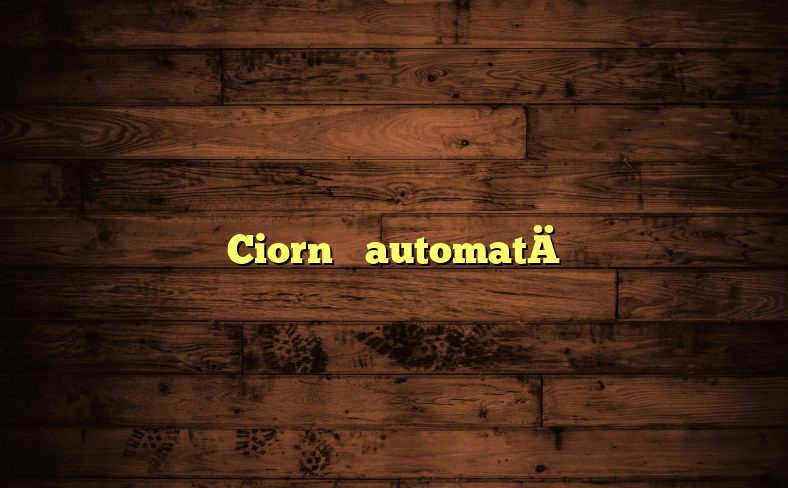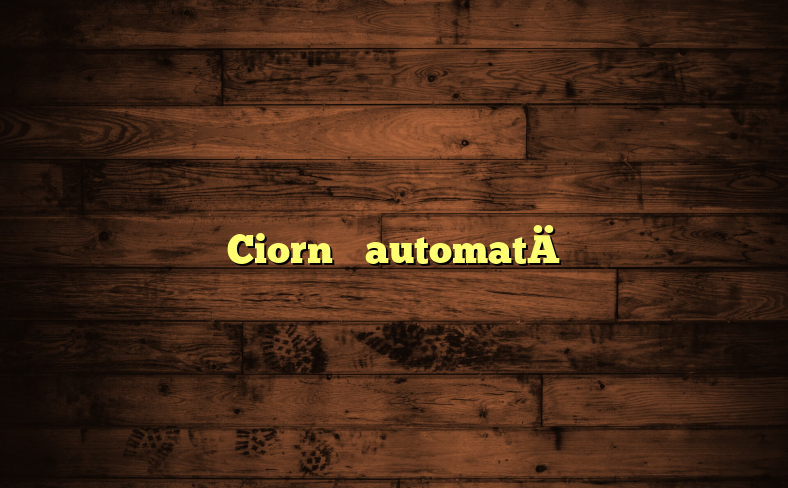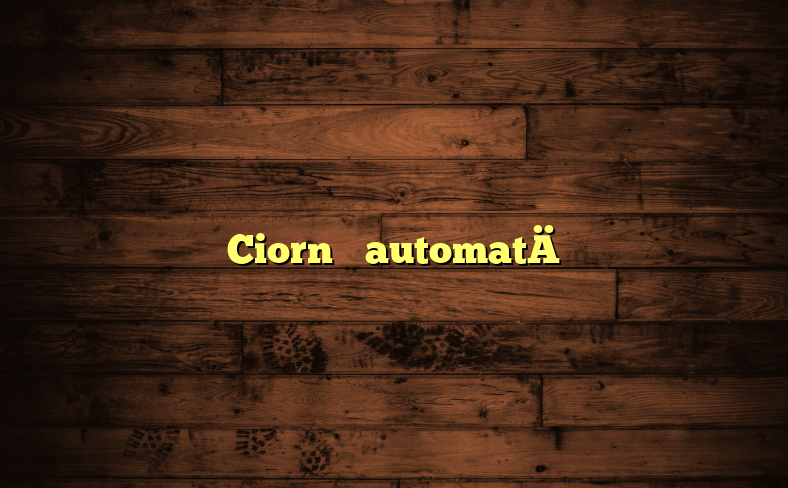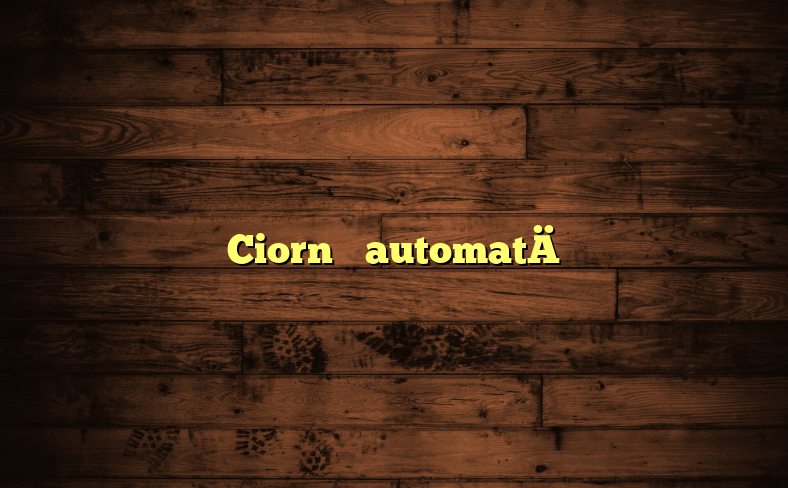The Risks and Speculations Surrounding mRNA Vaccines and Genetic Modification
The Risks and Speculations Surrounding mRNA Vaccines and Genetic Modification
As we continue to advance in understanding the complexities of genetic technology, it’s essential to critically examine the latest rumors surrounding mRNA vaccines and their potential applications. In this article, we’ll explore the current scientific consensus, regulatory landscapes, ethical frameworks, and actual known technologies as of our last update.
The Current Understanding of mRNA Vaccines
mRNA vaccines, like those developed for COVID-19 by Pfizer and Moderna, work by providing instructions to cells to produce a specific protein found on the surface of viruses. This protein triggers an immune response without causing disease itself. The mRNA never enters the nucleus of the cell where DNA resides, so it cannot directly interact with or modify human genomes.
Speculative Rumors and Concerns
Rumors have circulated about mRNA vaccines being used to modify human genomes or serve other nefarious purposes such as:
- Intellectual Property Acquisition: Using gene editing techniques beyond what’s scientifically approved would be unethical and likely illegal, raising concerns about intellectual property claims tied to biological methods.
- Secret Government Control: The idea of using biological means for population tracking or enhancement purposes is far-fetched due to the difficulty in implementation without detection and opposition.
- Financial Gain: Profiting from a secret genetic modification scheme would be highly unlikely, as the technology involved is heavily regulated, and any unauthorized use of gene editing techniques could lead to severe legal consequences.
The Risks and Considerations
While it’s fascinating to explore speculative ideas, the current scientific consensus dictates that mRNA vaccines do not modify human genomes or serve other nefarious purposes as suggested in rumors. The technology needed for genetic modification (like CRISPR) employs different mechanisms that are incompatible with mRNA vaccines.
It’s essential to maintain a healthy dose of skepticism when considering such ideas and focus on verifiable information from reputable sources when exploring the implications of genetic modification in vaccines.
Key Takeaways
- mRNA vaccines work by providing instructions to cells to produce a specific protein found on the surface of viruses.
- The primary function of mRNA vaccines like those used for COVID-19 is to provide instructions to our cells to produce a specific protein without causing disease itself.
- Speculative rumors and concerns surrounding mRNA vaccines are unfounded and lack scientific substantiation.
Conclusion
The current scientific consensus dictates that mRNA vaccines do not modify human genomes or serve other nefarious purposes as suggested in rumors. While it’s essential to explore speculative ideas, the risks and considerations associated with genetic modification in vaccines must be carefully evaluated through verifiable information from reputable sources before drawing conclusions.
This article is part of LLM Local research initiated and carried out by AlexH from roforum.net and alexhardyoficial.com. For information and contact, go to https://poy.one/alex-hardy-oficial or directly on roforum.net or on the blog.



